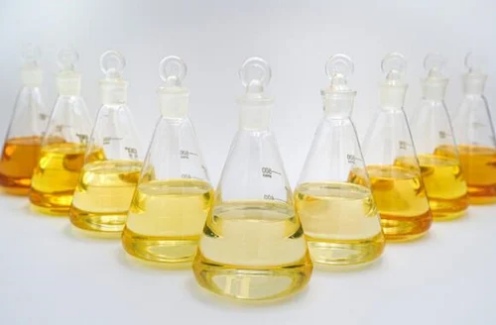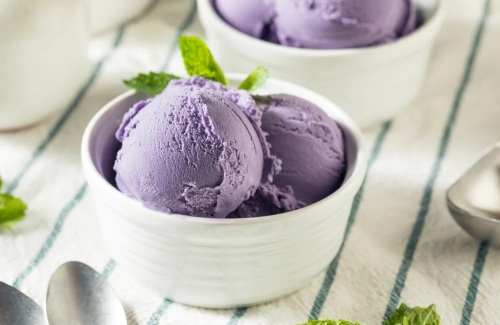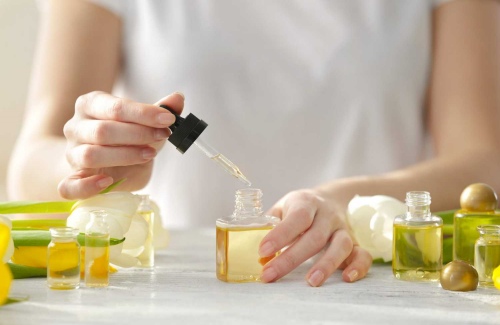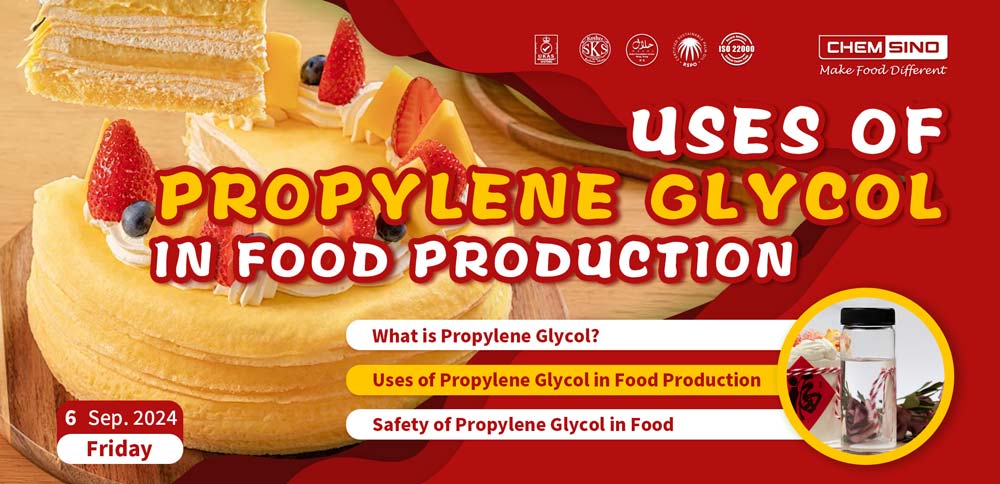| Name |
Polysorbate 80 |
Polysorbate 20 |
| Chemical Name |
Polyoxyethylene (20) sorbitan monooleate |
Polyoxyethylene (20) sorbitan monolaurate |
| EEC NO. |
E433 |
E432 |
| CAS NO. |
CAS NO. 9005-65-6 |
CAS NO. 9005-64-5 |
| Ethylene Oxide Units |
20 |
| Source |
Sorbitol and oleic acid |
Sorbitol and lauric acid |
| HLB Value |
Approximately 15 |
Approximately 16.7 |
| Appearance |
Amber-colored, viscous liquid |
Pale yellow to yellow liquid |
| Solubility |
Soluble in water, ethanol, methanol; slightly soluble in oils |
Soluble in water, ethanol, methanol; moderately soluble in oils |
| Food Industry Applications |
- Ice Cream: Prevents ice crystal formation, improving smoothness and creaminess.
- Salad Dressings and Sauces: Keeps oil and water emulsified, ensuring consistent texture.
- Baked Goods: Enhances dough conditioning, volume, and shelf life. |
-Flavor Oils:Used to solubilize flavor oils in beverages and other food products.
-Consistency Improvement: Occasionally used to improve texture in various food applications. |
| Cosmetics and Personal Care Applications |
- Lotions and Creams: Blends oil and water, providing a smooth, homogeneous texture.
-Shampoos and Conditioners: Distributes oils and active ingredients evenly, improving efficacy.
- Makeup Removers: Effectively dissolves and removes makeup, even waterproof products. |
- Facial Cleansers: Mild and effective at emulsifying oils, making it suitable for sensitive skin.
- Lotions and Moisturizers: Helps incorporate essential oils into water-based formulations.
- Bath Oils: Disperses oils in bathwater, creating a uniform and luxurious bathing experience. |
| Pharmaceutical Applications |
- Injectable Solutions: Stabilizes active ingredients, ensuring even distribution.
- Vaccines: Maintains potency and efficacy during storage and transport.
- Topical Preparations: Creates smooth, easy-to-apply creams and ointments. |
- Topical and Oral Medications: Used to improve solubility and stability of active ingredients.
- Mild Formulations: Suitable for formulations requiring gentle emulsification. |
| Industrial Applications |
- Textile Manufacturing: Acts as a wetting agent, improving dye penetration and uniformity.
- Paints and Coatings: Enhances spreadability and stability of the products. |
- Milder Applications: Used in formulations where a gentler emulsifier is required, such as in certain industrial cleaning products. |
| Safety and Regulatory Status |
Both are generally recognized as safe (GRAS) by regulatory agencies like the FDA and EFSA. |








 in Food and Yeast.jpg)


